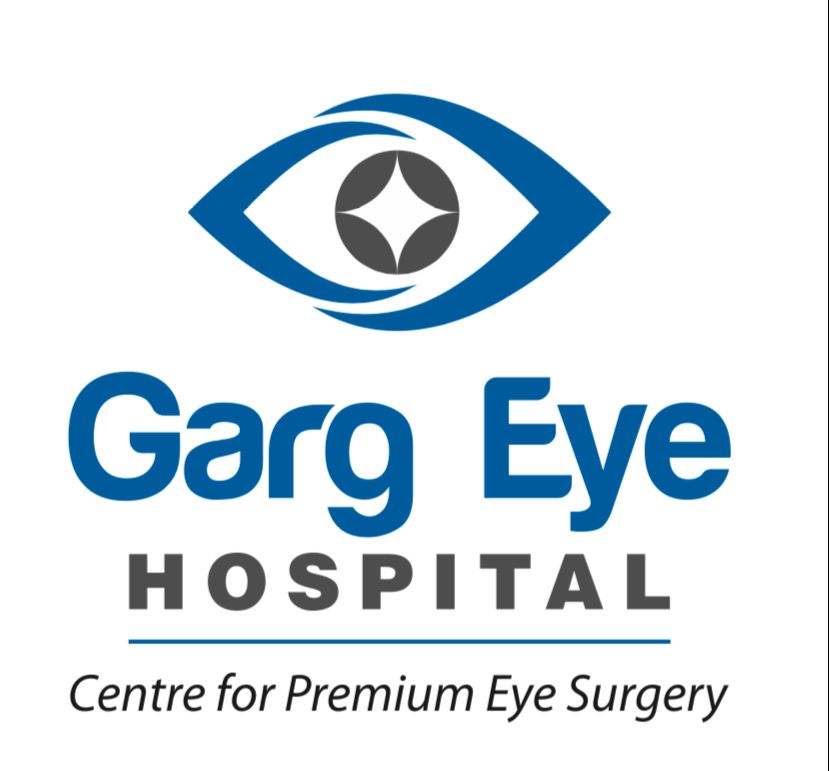- Open Hours: Mon-Sat 9:15 am - 6:30 pm
- +91 9855491500
- gargeyehosp@gmail.com
Retina Checkup For Diabetic Patients in Patiala
Retina Checkup For Diabetic Patients in Patiala– Diabetic Retinopathy is a complication of diabetes that affects the blood vessels in the retina, the light-sensitive tissue at the back of the eye. Over time, high blood sugar can damage these blood vessels, causing them to leak fluid or bleed. Abnormal new blood vessels may form on the retina in some instances. Anyone with Type 1 or Type 2 diabetes can acquire this eye disease. The longer you have diabetes and the less well your blood sugar is regulated, the more likely it is that you may develop diabetic retinopathy. The Garg Eye Hospital is a leading eye clinic that is NABH accredited and provides Retina checkup for Diabetic Patients in Patiala, Nabha, and Rajpura at affordable prices.
Diabetes affects the different parts of your body especially your eyes which is called Diabetic Retinopathy. At Garg Eye Hospital, we diagnose diabetic retinopathy by doing the proper eye checkup and using eye drops to make the patient’s pupils bigger. That helps the doctor to see inside the eye clearly provide a detailed picture of the eye and treat diabetic retinopathy effectively. People who find out the signs of the damage early can recommend visiting Garg Eye Hospital to prevent vision loss. Retina Checkup for Diabetic Patients in Patiala, Rajpura, and Nabha help you to detect diabetic retinopathy early when it is most treatable.
Table of Contents
ToggleTwo Types of Diabetic Retinopathy
Diabetic retinopathy is a critical condition for individuals who live with diabetes disease. It can cause blurred vision, floaters, and dark spots. In more serious cases, it might result in blindness. There are mainly two types of Diabetic Retinopathy are mentioned below:
Nonproliferative Diabetic Retinopathy: This is the early stage of the eye disease, In NPDR, the blood vessels in the retina leak fluid or bleed. This can blurred vision, floaters, and dark spots. This is usually treatable with lifestyle changes, such as managing and controlling blood sugar levels. However, if this condition is not controlled, then it can progress to PDR.
Proliferative Diabetic Retinopathy: This is the serious and most advanced stage of the disease. In PDR, abnormal new blood vessels grow on the retina. These new blood vessels can be weak and fragile, and they can bleed easily. PDR can lead to serious vision problems, such as retinal detachment and blindness. PDR is a more serious condition that requires medical treatment. Treatment options for PDR include laser surgery, injections, and eye surgery.
Garg Eye Hospital- Leading Diabetic Retinopathy Doctor in Patiala
Garg Eye Hospital is a multi-specialty eye hospital in Patiala, established in 2016. It is accredited by the National Accreditation Board for Hospitals & Healthcare Providers (NABH) and is known for providing high-quality and affordable eye care services and treatments. The hospital has a team of experienced and qualified ophthalmologists who specialize in a wide range of eye conditions, including diabetic retinopathy. Diabetic retinopathy is a serious eye condition that can lead to vision loss and blindness if not treated promptly. Garg Eye Hospital offers a variety of treatment options for diabetic retinopathy, including laser surgery, injections, and eye surgery. The hospital is committed to providing affordable Retina Checkup For Diabetic Patients in Patiala.
Here are the best facts about the Garg Eye Hospital:
- The clinic has the latest technology and computerized devices to treat different ophthalmic issues
- It has a team of qualified ophthalmologists who provide comfortable and effective eye-related treatments
- The clinic also provides emergency services to the patients.
- The clinic is hygienic and takes special care of its patients.
Symptoms of Diabetic Retinopathy
Diabetic retinopathy is a condition that can affect the eyes of people with diabetes. Damage to the blood vessels in the retina, the light-sensitive tissue in the rear of the eye, causes it. Early detection and treatment of diabetic retinopathy is important to prevent vision loss and blindness. Here are some of the common symptoms of diabetic retinopathy:
- Blurred vision
- Floaters (small dark spots that float in your field of vision)
- Dark spots or streaks in your vision
- Difficulty seeing at night
- Difficulty seeing colors
Prevention from Diabetic Retinopathy
Keeping your blood sugar levels under control is the greatest method to avoid diabetic retinopathy. You can make this happen by doing what your doctor suggests, eating healthy foods, and moving your body often. You can also help avoid diabetic retinopathy by doing the following:
- Quit smoking– Smoking damages blood vessels and can make diabetic retinopathy worse.
- Maintain a healthy weight– Obesity is a risk factor for diabetic retinopathy.
- Control your blood pressure and cholesterol levels– High blood pressure and cholesterol can also damage blood vessels and make diabetic retinopathy worse.
- Get regular eye exams– This will help to detect diabetic retinopathy early when it is most treatable.
If you have diabetes, it is important to see your best ophthalmologist for a comprehensive eye exam at least once a year. This will help to detect diabetic retinopathy early when it is most treatable. With early detection and treatment, most people with diabetic retinopathy can maintain their vision.


